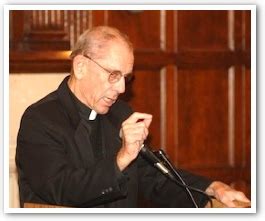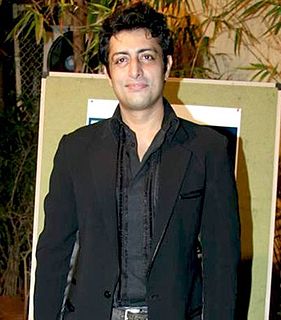A Quote by Pete Hegseth
Military deployments have never been something to enjoy, but the consequence of the actions, the shared nature of the sacrifices, and the nobility of the cause are invigorating. To be clear, I'm not talking about the killing and the death; rather, the sense of purpose that pervades every action, reaction, and outcome.
Related Quotes
In contrast to revenge, which is the natural, automatic reaction to transgression and which, because of the irreversibility of the action process can be expected and even calculated, the act of forgiving can never be predicted; it is the only reaction that acts in an unexpected way and thus retains, though being a reaction, something of the original character of action.
So the main question is not, Which humans brought about the death of Jesus but, What did the death of Jesus bring about for humans - including Jews and Muslims and Buddhists and Hindus and nonreligious secularists - and all people everywhere?When it is all said and done, the most crucial question is: Why? Why did Christ suffer and die? Not why in the sense of cause, but why in the sense of purpose?
In the patient who succumbed, the cause of death was evidently something which was not found in the patient who recovered; this something we must determine, and then we can act on the phenomena or recognize and foresee them accurately. But not by statistics shall we succeed in this; never have statistics taught anything, and never can they teach anything about the nature of the phenomenon.
Whether you're talking about Shakespeare or, you know, if you look at Greek tragedies. I mean, every playwright, every songwriter, every artist who's ever sat down and been moved to create something, has been living in a context. A political moment that's most often reflected in their work. Even if you're, you know, kind of a nature poet.



































